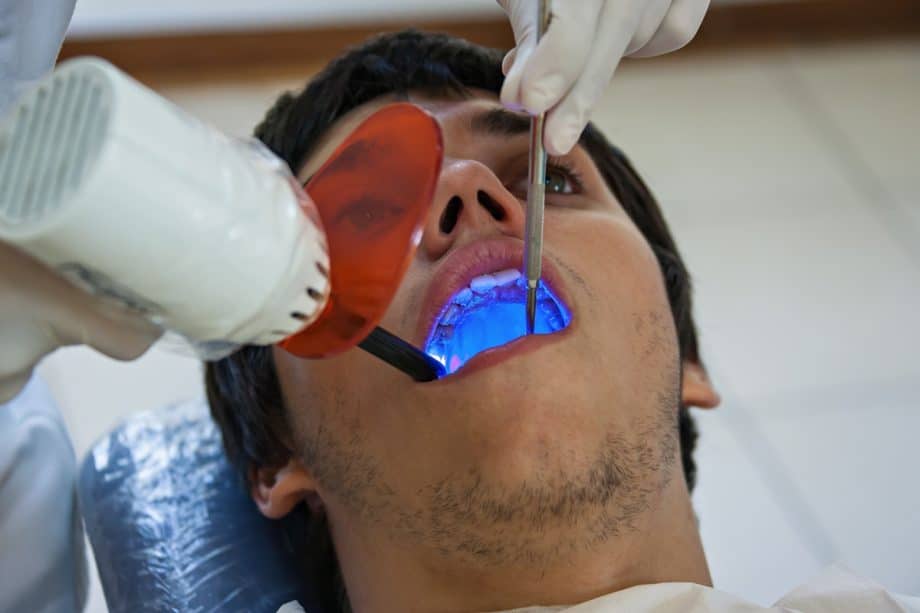Years ago, root canal therapy was thought to be an incredibly invasive, complex dental procedure. Today, it is as common as filling a cavity. And while many dentists may perform root canals, endodontists specialize in them.
If you have been told you need a root canal, you are probably looking for some answers to ease your mind about the treatment. It’s understandable - and we’re glad you’re here.
What is Root Canal Therapy?
Tooth decay starts on the outer part of the enamel and begins to eat its way into the middle of the tooth. Once there, it impacts the pulp and nerve of the tooth – and fills the area, including the small canals, with infection. For this reason, it is not uncommon for those in this situation to feel intense pain. Thankfully, with successful root canal therapy, pain can be relieved and the tooth can be saved.
During treatment, the endodontist will begin to remove the infected tissue, pulp, and nerve. This is followed by cleaning and disinfecting the remaining area - including the tiny, intricate canals. The tooth is then sealed up with a filling material to prevent further infection.
Once the infection is cleared up, your endodontist will recommend a dental crown to cover the tooth and restore it structurally and functionally. This is the best chance you have at saving the tooth.
Signs You May Need a Root Canal
Every patient feels pain - and infection in the root canal - differently. However, there are a few signs that you may need a root canal, including:
- Severe tooth pain (may be constant or come in waves)
- Small pimple-like bumps on the gums
- Swollen gums
- Darkening of the tooth
- Sensitivity to hot and cold
- Abscess
If you are experiencing any of these signs, it is important to be seen by an endodontist. After all, an infection that is left untreated can spread to other areas of your mouth - and throughout your body.
Root Canal Therapy: What You Need to Know
There are a few extra tidbits about root canal therapy that can be helpful to know. For instance, the root canal procedure usually lasts around an hour, maybe a little more or a little less depending on the extent of the infection. Remember, the endodontist needs to treat the little canals in the tooth that can be twisted throughout the tooth. Leaving any infection behind could result in the need for retreatment. So if it takes a little longer, that’s ok - your endodontist is trying to treat it thoroughly.
Local anesthesia will be used so that you don’t feel any pain or discomfort during the procedure. Though once it wears off, you may feel some mild discomfort. This is temporary and can be calmed with an over-the-counter pain reliever. Your endodontist will give you a list of aftercare instructions to follow.
Once the treatment is completed and sealed up, you will want to discuss a dental crown with your endodontist. This will fully restore the tooth’s functionality.
Root Canal Therapy in MA
If you require root canal therapy - or think you may be - then you need to seek out a highly-qualified endodontic team. At Eagle Endodontics, that’s what you will get. Our skilled specialist, Dr. Ali Sarraf, provides root canal therapy that will remove the bacteria and restore the integrity of the tooth.
Contact us today at one of our two convenient locations for a consultation for endodontic treatment, dental trauma treatment, fractured tooth, root canal therapy, and more.

